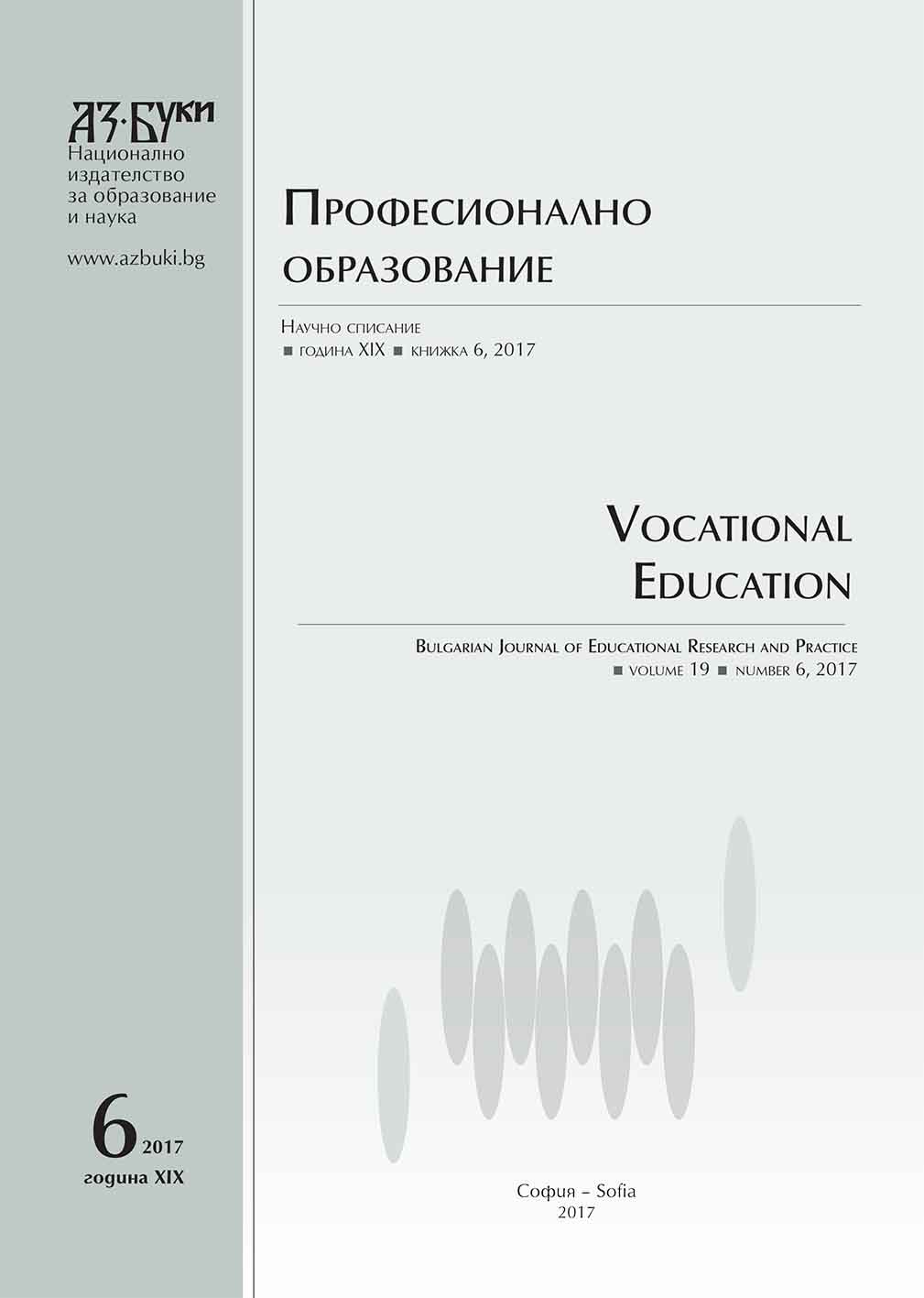Форми и политически инструменти за стратегическо направляване на образователни институции и спортни организации
Modes of Governance and Policy Instruments for Steering Educational Establishments and Sport Organisations
Author(s): Ivan SandanskiSubject(s): Politics / Political Sciences, Social Sciences, Economy, Education, Business Economy / Management, Civil Society, Governance, Sociology, Political psychology, Politics and law, Politics and society, School education, Vocational Education, Adult Education, Higher Education , Policy, planning, forecast and speculation, Rural and urban sociology, Welfare services, Economic development, Sports Studies, Social Norms / Social Control, Sociology of Politics, Inclusive Education / Inclusion, Identity of Collectives
Published by: Национално издателство за образование и наука „Аз-буки“
Keywords: modes of governance; policy instruments; project management; collective rules
Summary/Abstract: The article sets out to unpack the modes of governance and related policy instruments for steering educational establishments and sport organisations employed by the Sofia municipality Department of Prevention, Integration, Sport and Tourism (DPIST). These instigate a process of institutionalization the actions and behaviours of local schools, kindergartens, sport clubs, youth organisations, and various social groups participating in DPIST funded or supported projects and sport initiatives. Four primary modes of strategic steering are identified including coercion, voluntarism, targeting and framework regulation. The process of steering collective actions, policies and resources is premised on creating a system of institutionalized rules. In fact, such a process takes hybrid forms. The key mechanism for achieving both the strategic and sport policy intentions of Sofia municipality has been the machinery of project management. It is also demonstrated that the pursuit of the new promoted vision envisaging Sofia as a vibrant city of juvenile, active and innovative people where sport, in combination with education, volunteering and entrepreneurship, is seen as the key means and agent of social change, however, requires a proactive forward thinking and strategic approach. It is directed towards pursuing some future, but still unknown desired state in terms of necessary social time, space and projection. Due to this uncertainty Sofia municipality reasonably has relied on a set of already tested in the social practice sources of reasoning and mechanisms of cognitive knowledge and social interventions.
Journal: Професионално образование
- Issue Year: 19/2017
- Issue No: 6
- Page Range: 631-648
- Page Count: 18
- Language: Bulgarian
- Content File-PDF

